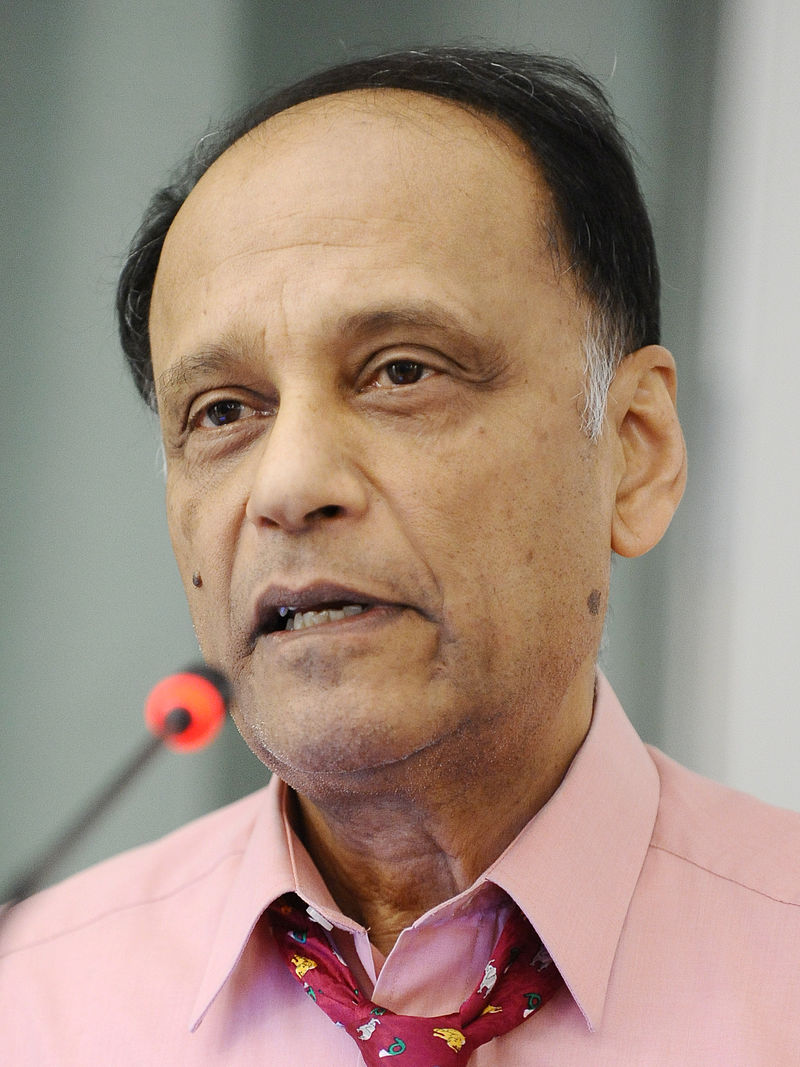The region of Latin America and the Caribbean hosts an amazing richness in many dimensions, and an outstanding one is biodiversity. With Brazil, Colombia, Ecuador, Mexico, and Peru in the formal group of megadiverse countries, but many others in the region being home for an important diversity of ecosystems and endemic species. However, the region is highly vulnerable to climate change, and the current decision-making processes balance between further loss of ecosystems or strengthening ecosystem conservation to increase resilience and adaptation to climate impacts.
On the other hand, recent reports assess that the economy depends in biodiversity for around 50% of GDP, and the region has not fully seized the opportunity to expand the value added based on the economy of biodiversity.
Given the CBD COP15 agreement for a Global Biodiversity Framework (GBF), recent reports on climate (AR6 – IPCC), and the structural economic challenges in the region, fostering the economics of biodiversity can contribute to properly address these challenges in a virtuous way and addressing the three main developmental gaps in Latin America and the Caribbean: the external restriction, the social inequity, and the long ecological footprint. However, the institutional inertia, vested interests, a misguided economic valuation that doesn’t internalize negative externalities, among other current perceptions and practices, represent an obstacle to make the required shift in the relation between economics and ecology.
This conversation will explore the pathways - in the Latin American and Caribbean region - for a more sustainable development, addressing the social, environmental and economic gaps, from the CBD COP15 outcome and the climate action required from the Paris Agreement.
